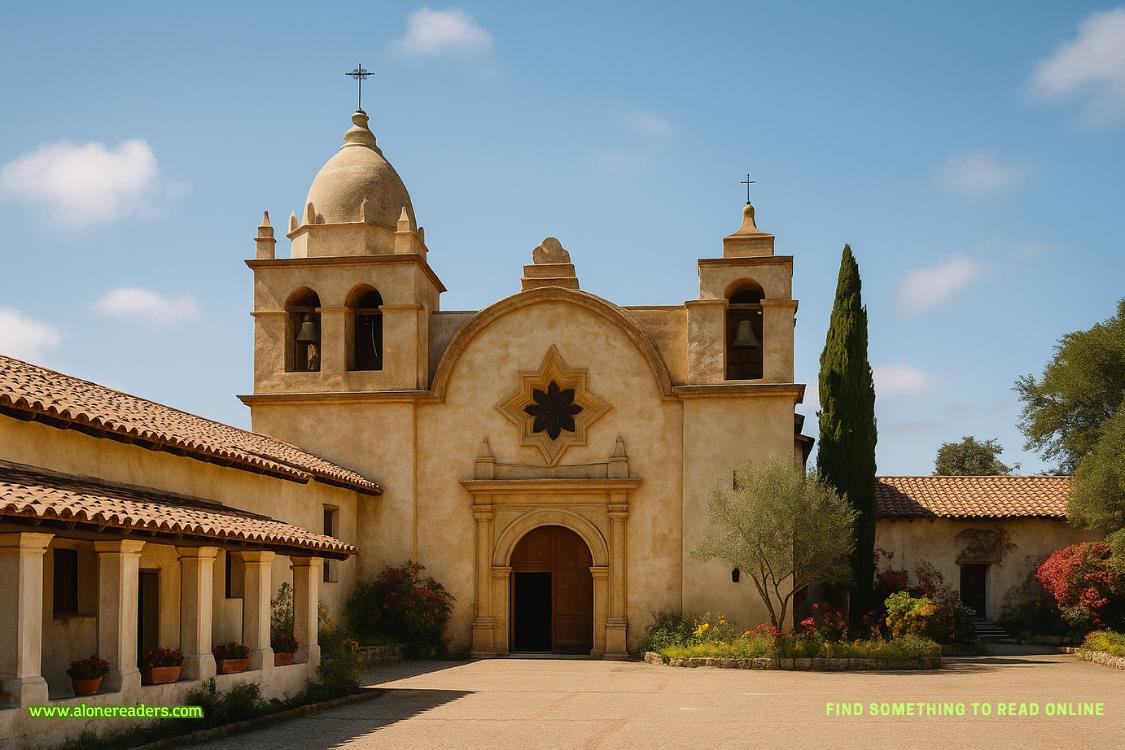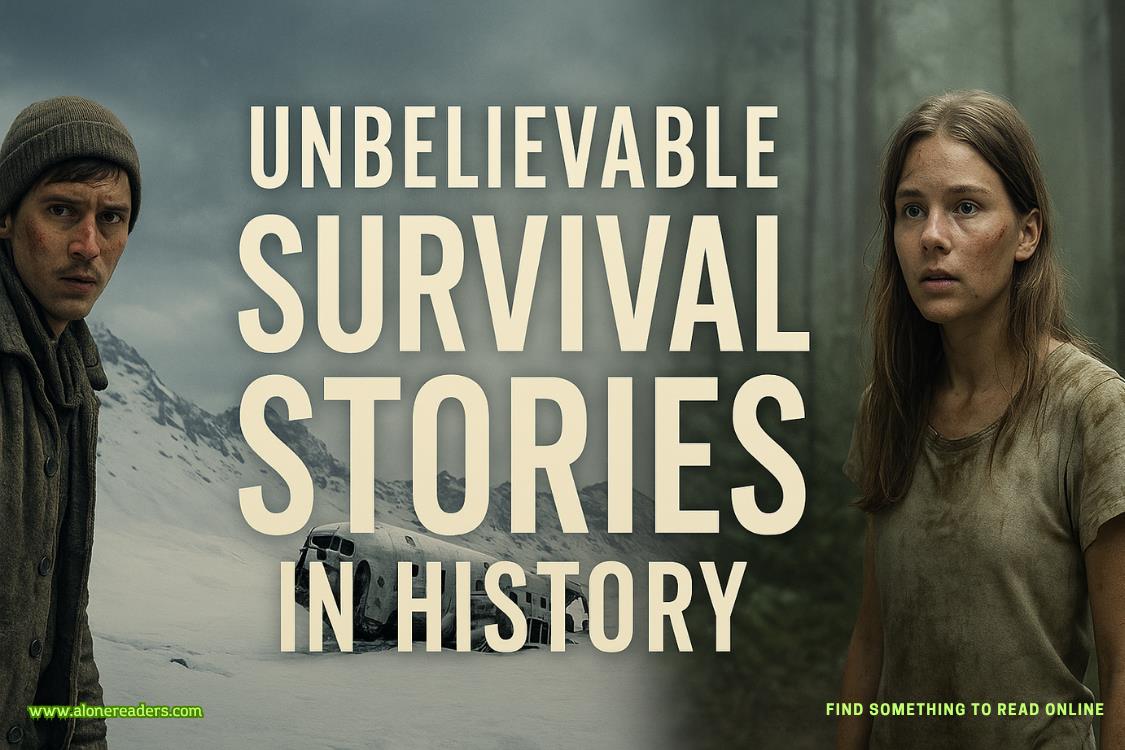Page 63 of Beyond the Shadowed Earth
For a moment, he looked back. His brows drew together. “It’s an ancient Itan word. It means ‘sacrifice.’”
Chapter Twenty-Eight
EDA DIDN’T GO INTO THE LITTLE HUT. She let her feet follow the path back up toward the main hall, and without really meaning to, took the turn that led to the temple. Somewhere beyond the mountains the sun was setting, and darkness settled thick and fast over Tal-Arohnd.
Eda put her hands on the carved stone doorposts. She could feel the power that teemed in the very bones of this place. It scared her, but it also called to her.
She stepped in.
It was more like a cave than any temple she had ever been in before, due to its having been dug out of the mountain. The ceiling reached far above her head, bleeding into darkness, and pillars sectioned the temple into private alcoves, some containing weathered altars, others shelves crammed with ancient books and scrolls. Lamps burned white in every alcove, so she felt like she was peering into a field of stars.
She paced past the alcoves, her footsteps echoing over the stone. There was no one else here, the monks and any petitioners evidently all in the main hall for the feast.
A few of the alcoves were painted with beautiful, detailed murals, and she studied them as she went past. One showed a similar image to the one in the illuminated manuscript Niren had given her: a petitioner kneeling before Tuer, who was enthroned on a mountain and crowned with stars. But there was one difference. A shining spirit stood beside Tuer’s throne, glimmering wings folded against his shoulders. On his brow was a crown of fire. Words sparked unbidden in her mind:You cannot kill a shadow.
Another mural showed a host of winged spirits rebelling against the gods. Another, the gods binding them and sending them into the void. Only that one spirit remained behind, steadfast at Tuer’s side.
She stopped before one of the altars, thinking of the last time she’d made her daily oblation and streaked her forehead with ashes and oil: the morning of her wedding, months ago. There was a jar of ashes on a shelf beside the altar, a vial of oil. She could have knelt and prayed. She could have asked the gods to bless her journey.
But she turned away. She didn’t need the gods. She didn’t want them.
Still, something tugged her on through the temple, led her to an alcove where a book lay open on a reading stand, its pages cracked and yellowed. The words leapt out at her, making her breath catch hard in her throat, flinging her back to that day, long ago, when her father had told her about Erris, and the foolish deal he had made with Tuer.
Here was another story. One he had not told her.
There came a time when Cainnar, who was the first and mightiest king of Halda, found that he was lonely. He had everything his soul had ever desired, and more besides, but he remembered his old life with his mother and brother in the woods, and he missed them fiercely. His mother was dead and gone beyond the Circles of the world, but his brother Erris was a servant in the palace. Cainnar determined to make Erris a prince and raise him to a place of honor.
But when Cainnar called for Erris, Erris did not come. Cainnar’s servants searched the palace high and low, but they could not find the king’s brother, and no one knew where he had gone.
At last, a serving woman called Lumen came and bowed before the king. She was no longer young, but the light of the Stars shone in her eyes, and she was yet beautiful. She had loved Erris, and wished to wed him, but his jealousy had blinded him to her affection. “My lord king,” said Lumen to Cainnar, “Erris went up the mountain to seek Tuer, to petition the god to make him king in your stead. But that was ten years ago. He never came back.”
Cainnar was stricken, because he knew this was his fault. “I will go up the mountain myself and bring my brother home. And when I do, I will crown him king also, and he shall rule beside me.”
Lumen didn’t believe him—who among the race of mankind had ever truly wished to share their power? But she packed supplies for the king’s journey and loaded them onto a sure-footed mule. She was sure-footed herself and went along with him, she too longing to know Erris’s fate.
They climbed for days that seemed to never end and huddled at night around a fire that did little to banish the bitter cold.
At last they reached the doorway to Tuer’s Mountain, but a spirit with a burning sword and flaming hair barred their way. “Tuer is not here,” she said, “nor Erris either. The god is in Sorrow and the man is in Time, and you cannot reach either one.”
“But I am king,” said Cainnar. “Anything I demand is given to me.”
“Not this,” said the spirit.
“Can you tell us, at least, what has happened to Erris?” said Lumen.
“I cannot tell you.” The spirit held up a shard of black glass, which glistered in the light of the setting sun. “But I am permitted to show you.”
And the king and the serving woman looked into the glass and saw Erris sitting on a crumbling throne as time spun around him and he grew old but did not stir and did not die, a crown moldering on his head.
“He asked Tuer to make him king,” said the spirit. “And there he sits for all eternity, the ruler of emptiness.”
“Is there no way to free him?” Cainnar cried.
The spirit shook her head. “He made a deal with the god, and so is bound by it.”
The king and the serving woman turned away from the mountain, weighed with anger and sorrow.
“There is a way to free him,” said Lumen. “If we kill Tuer, that will sunder any bond he has with man—it will allow Erris to come home to us.”















